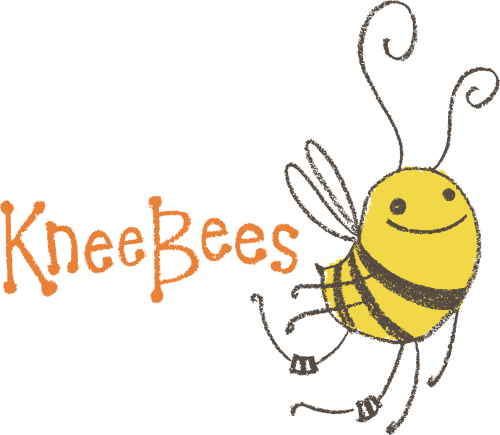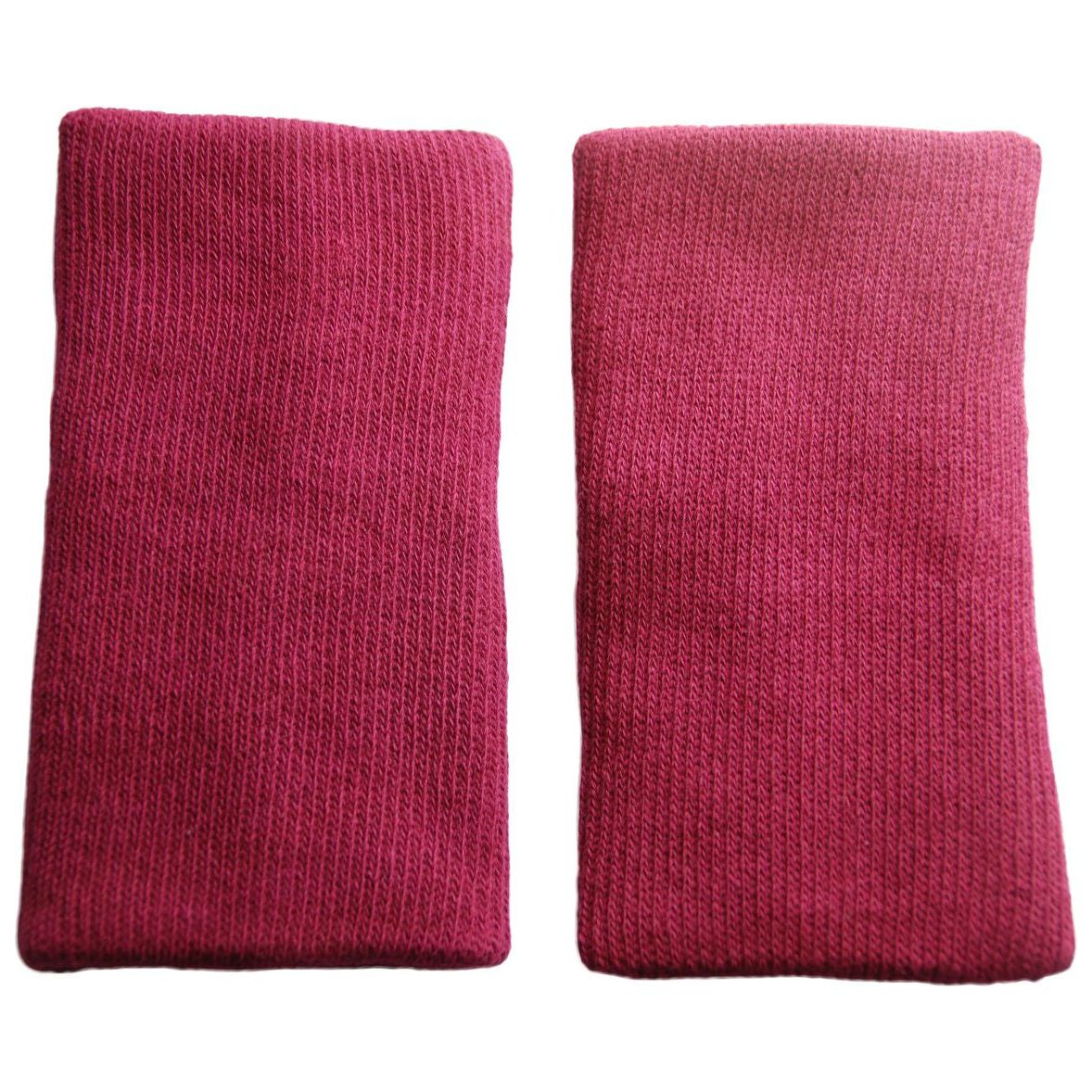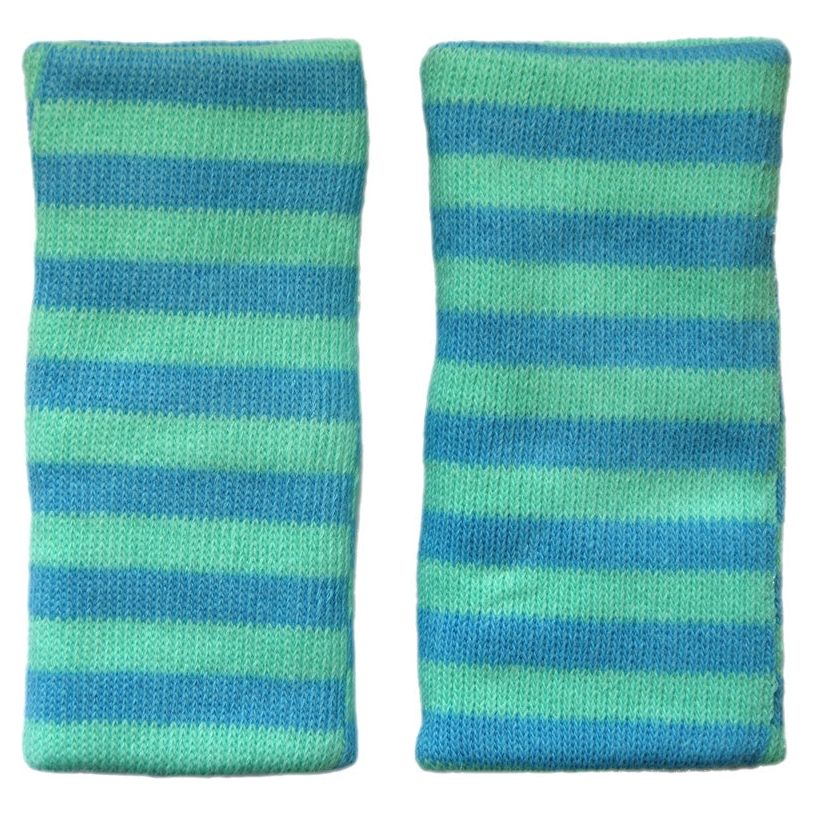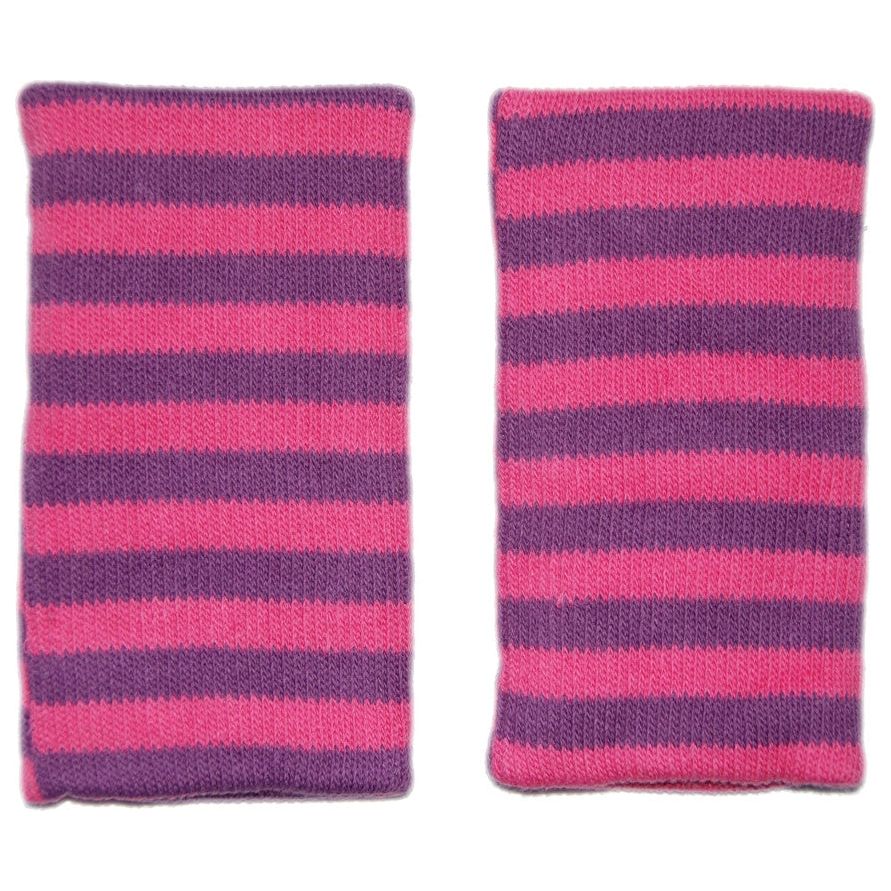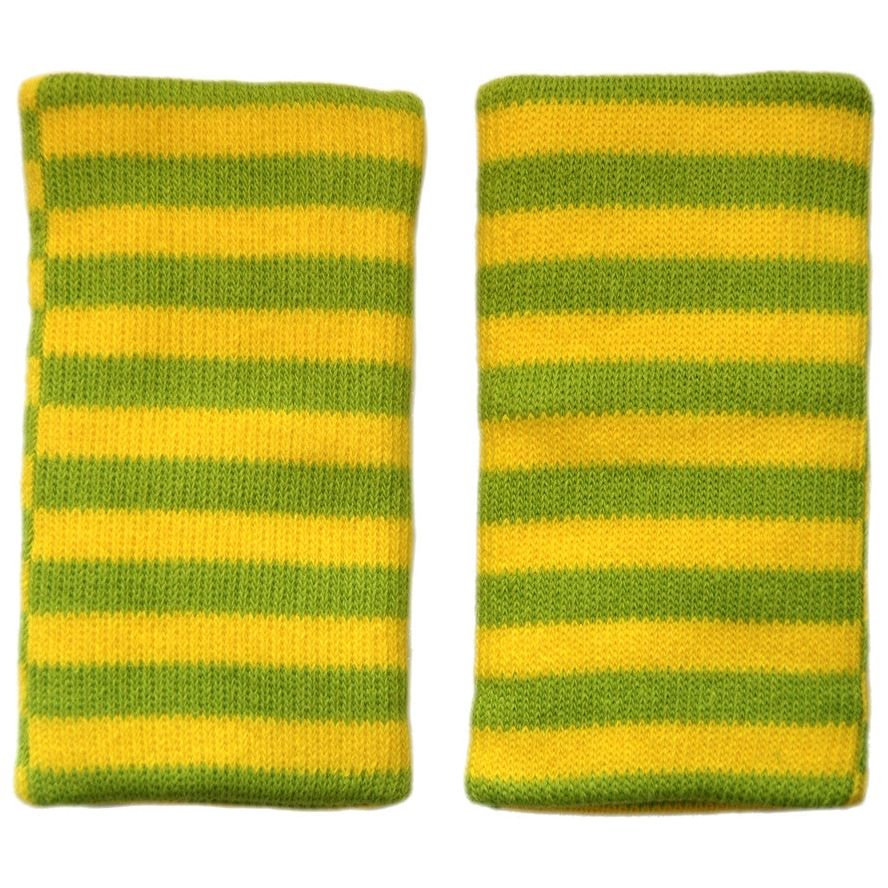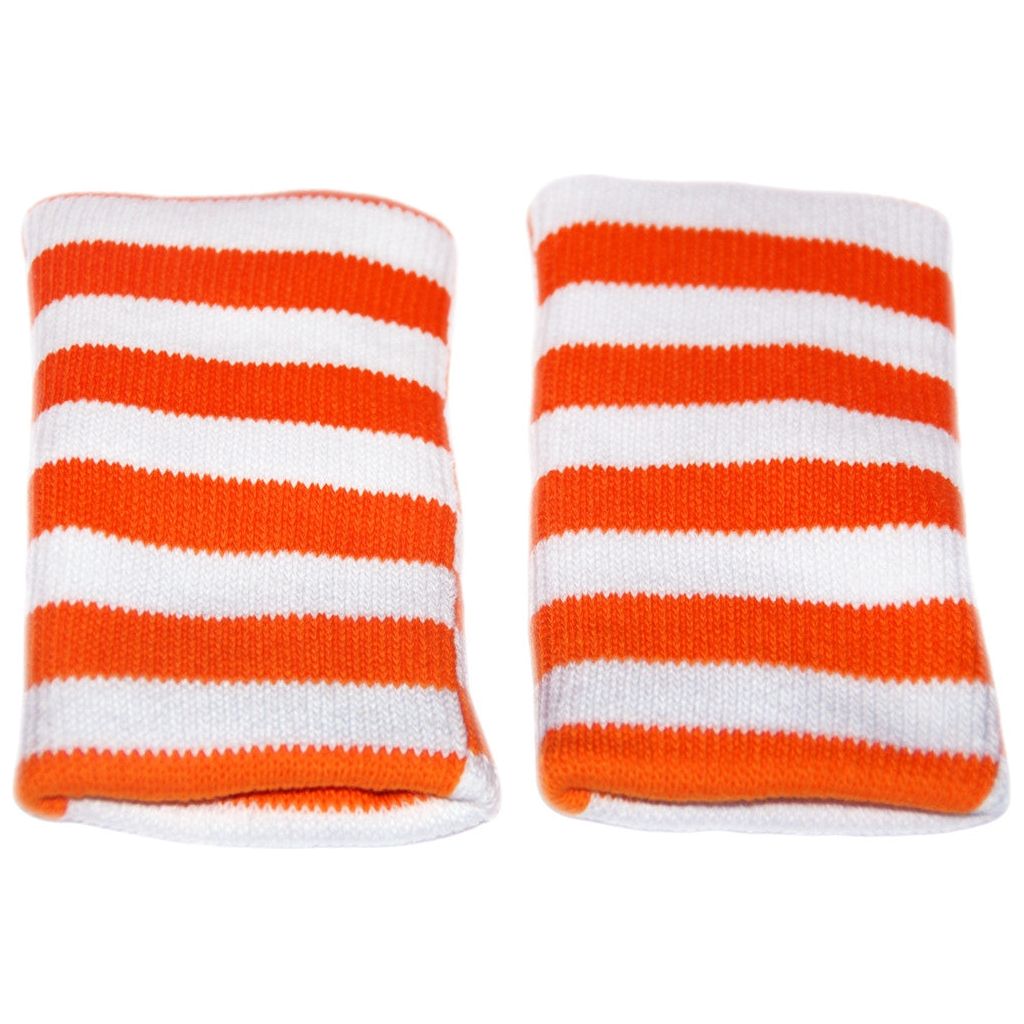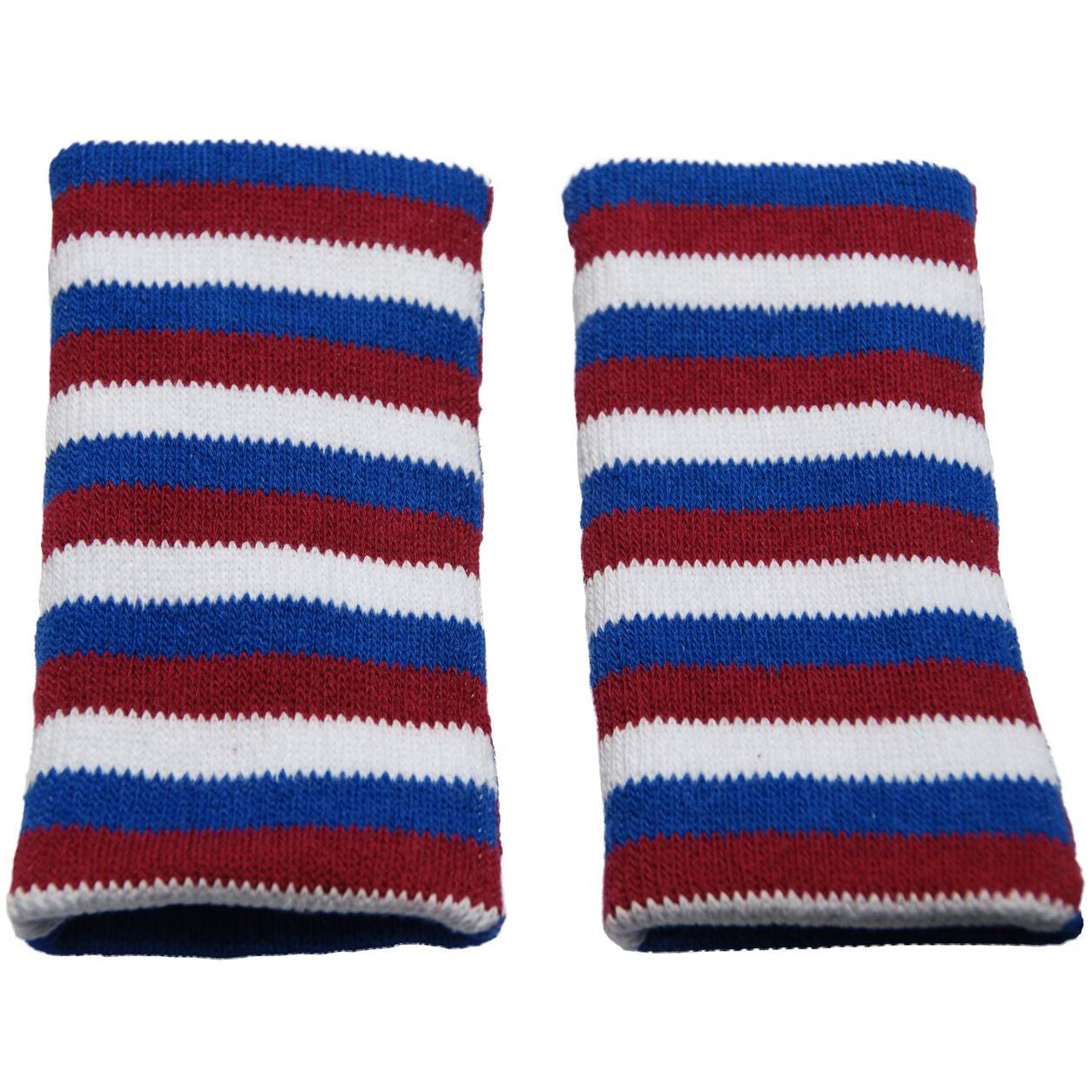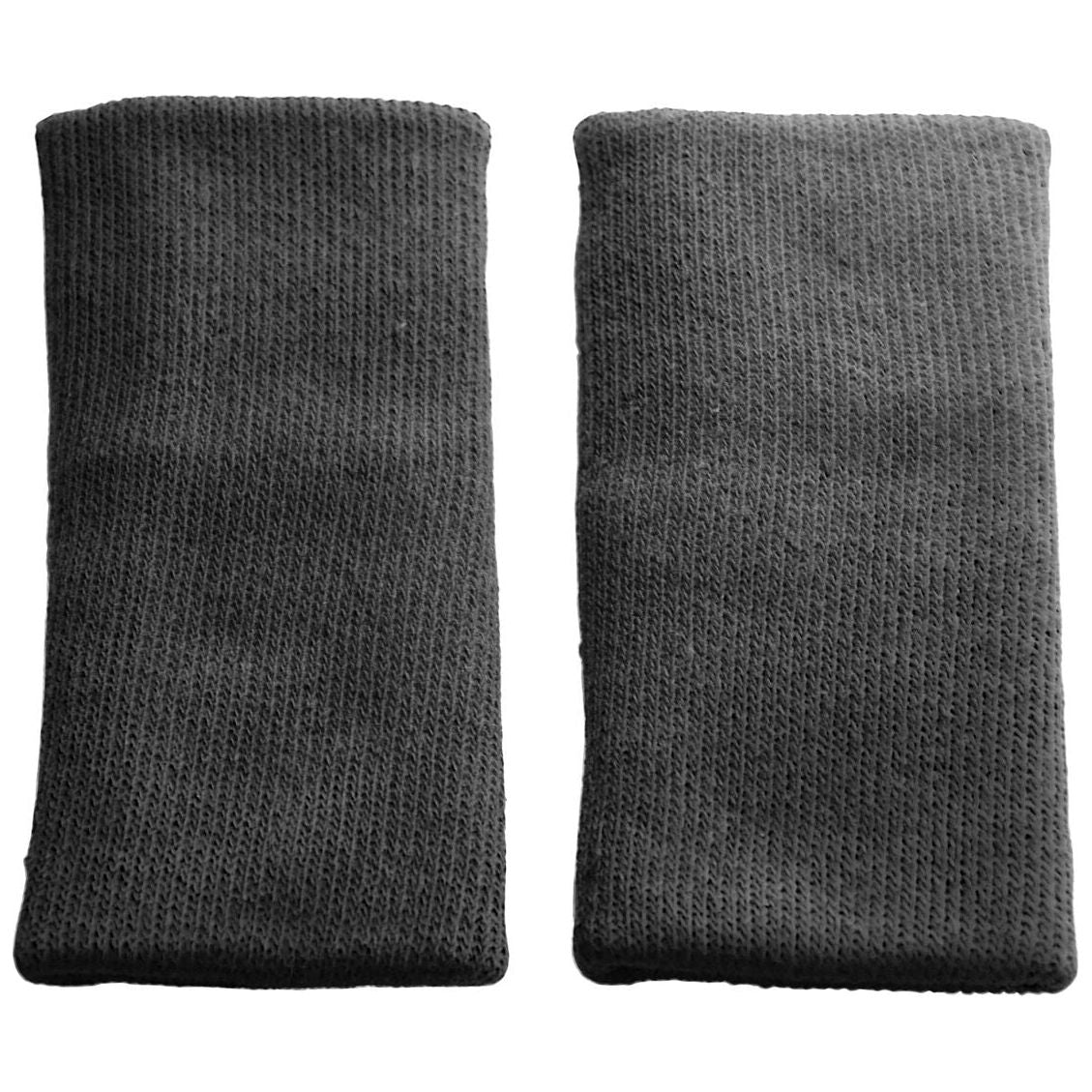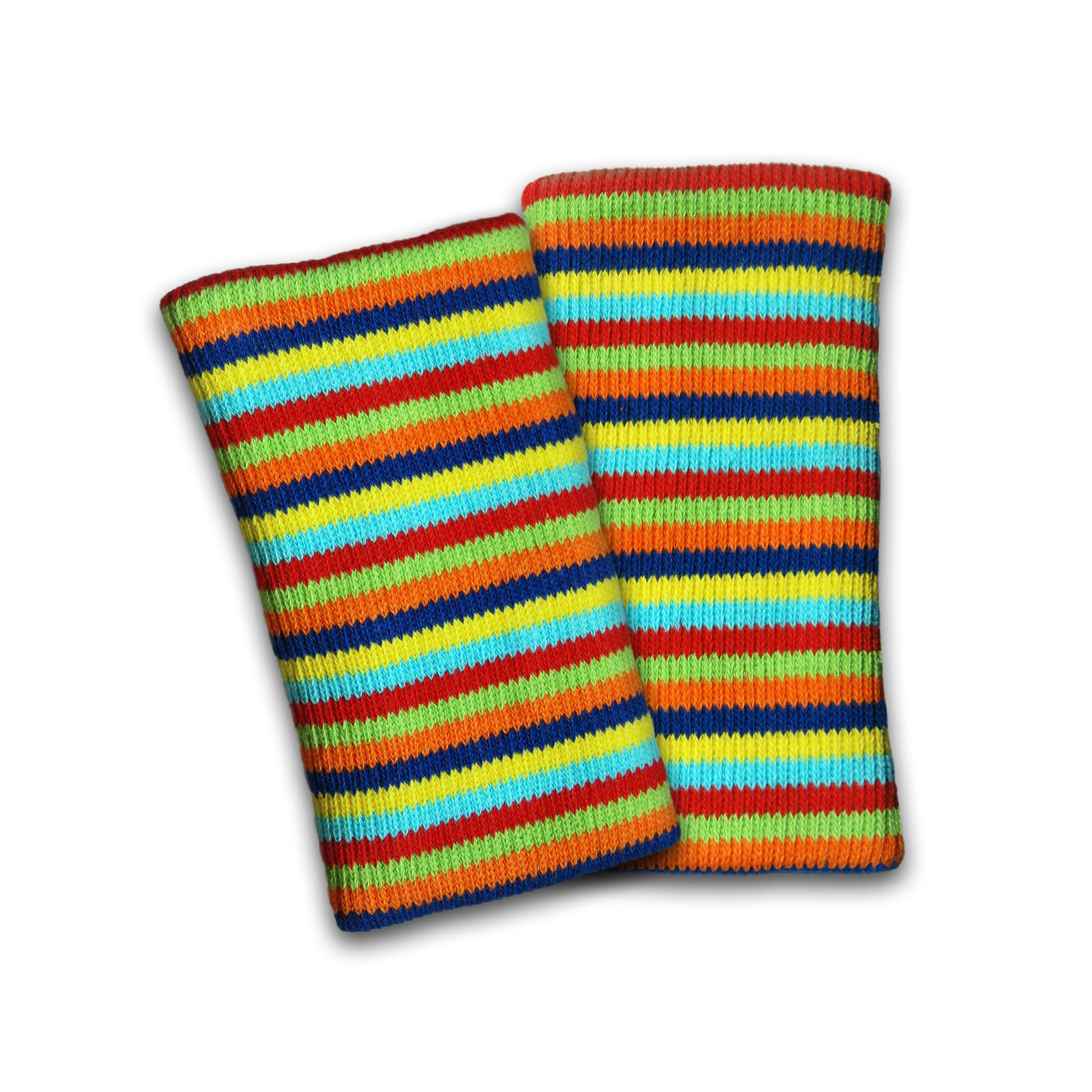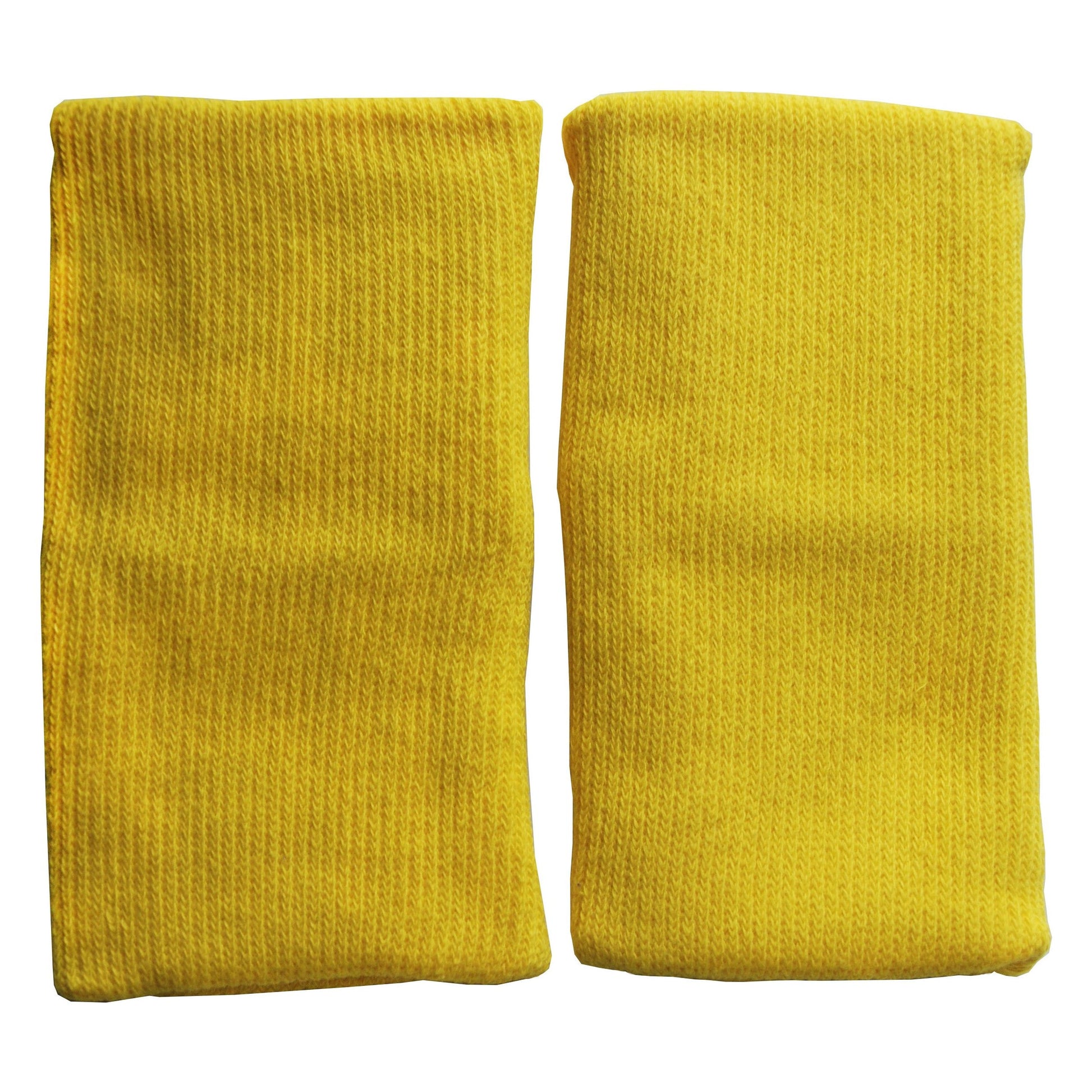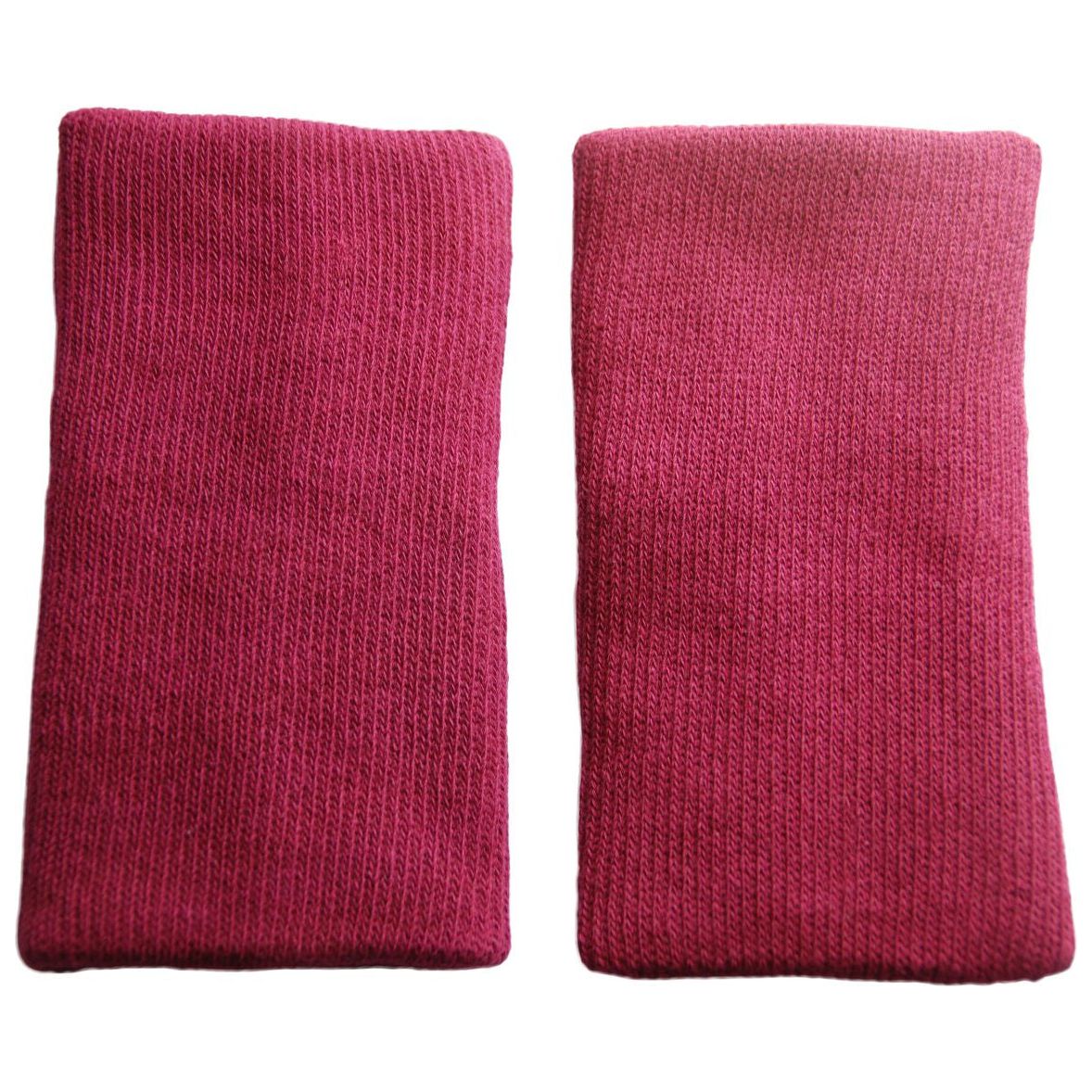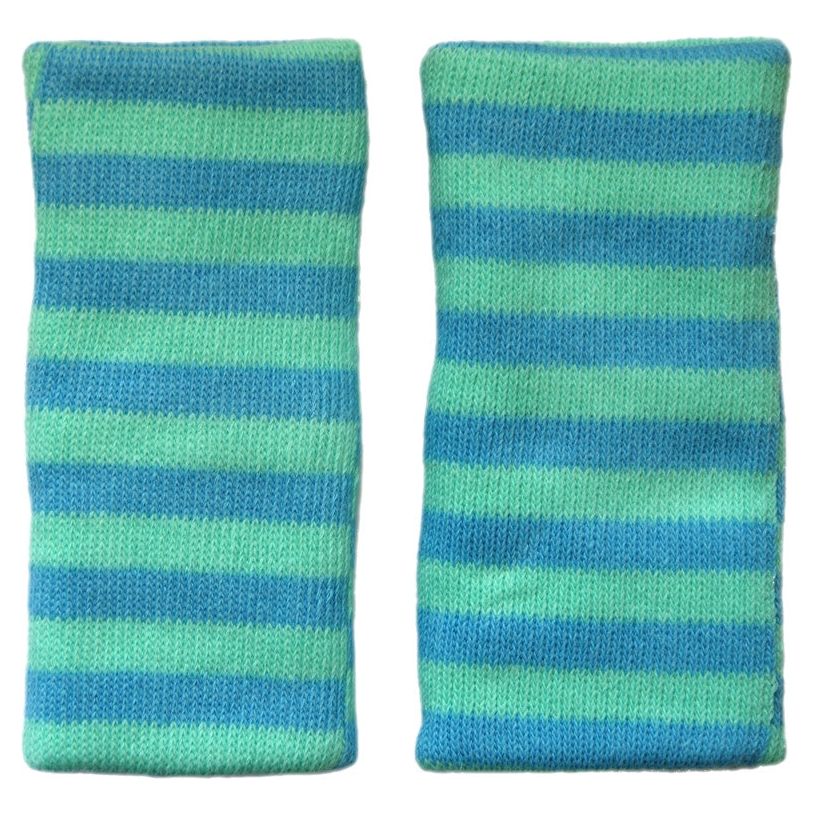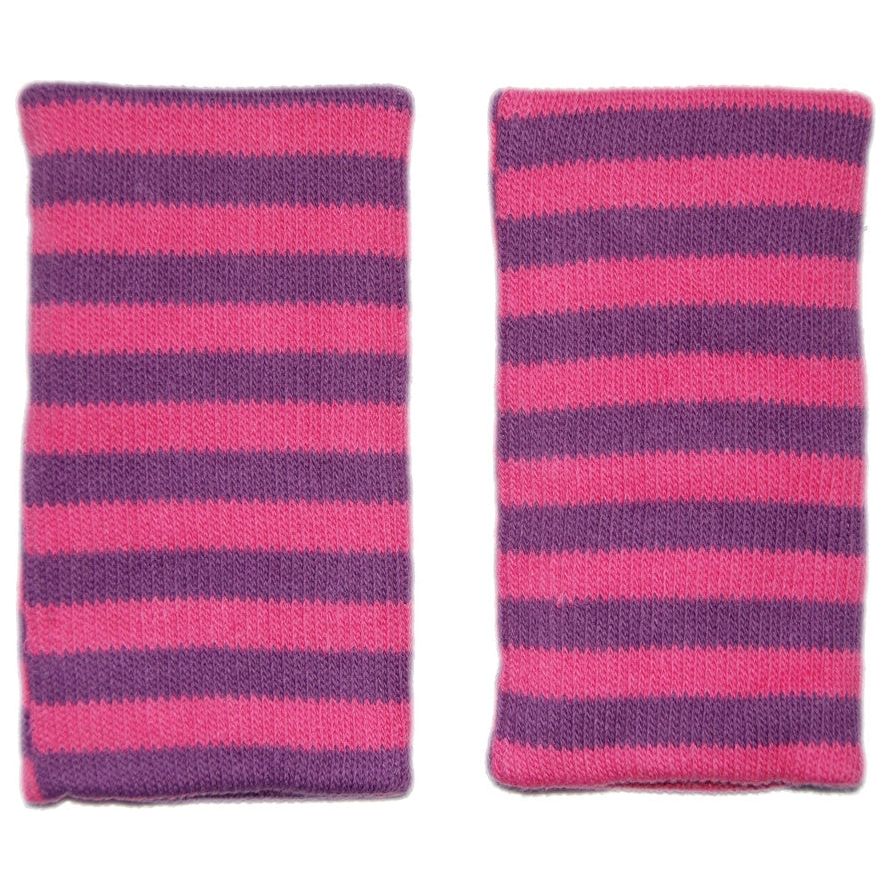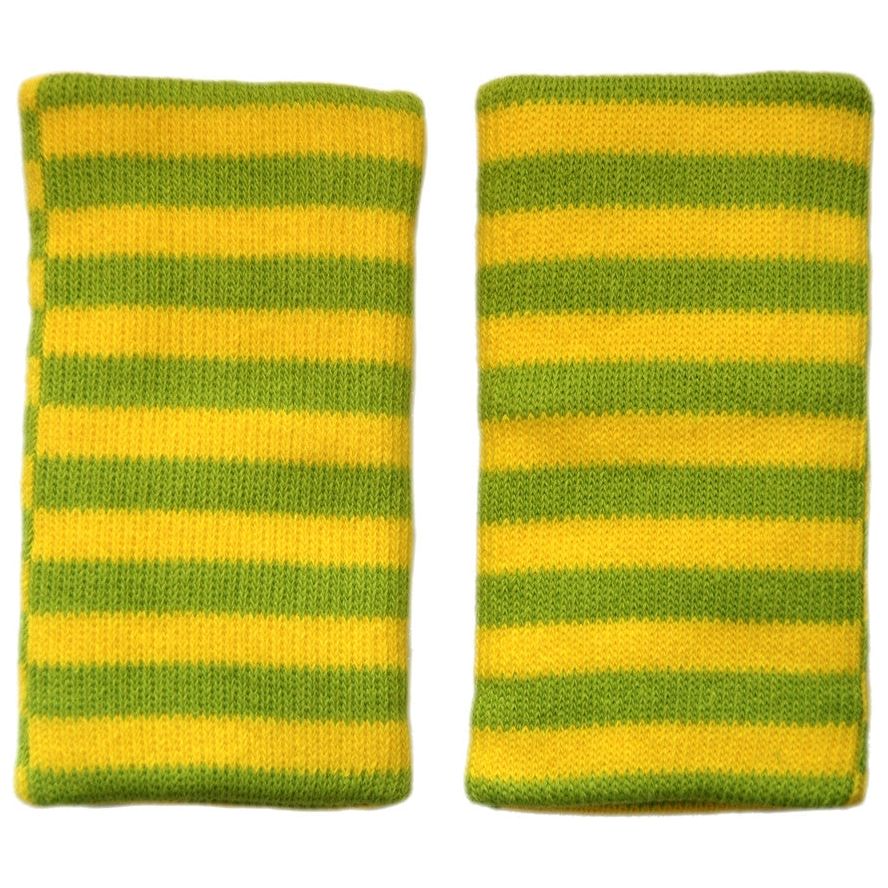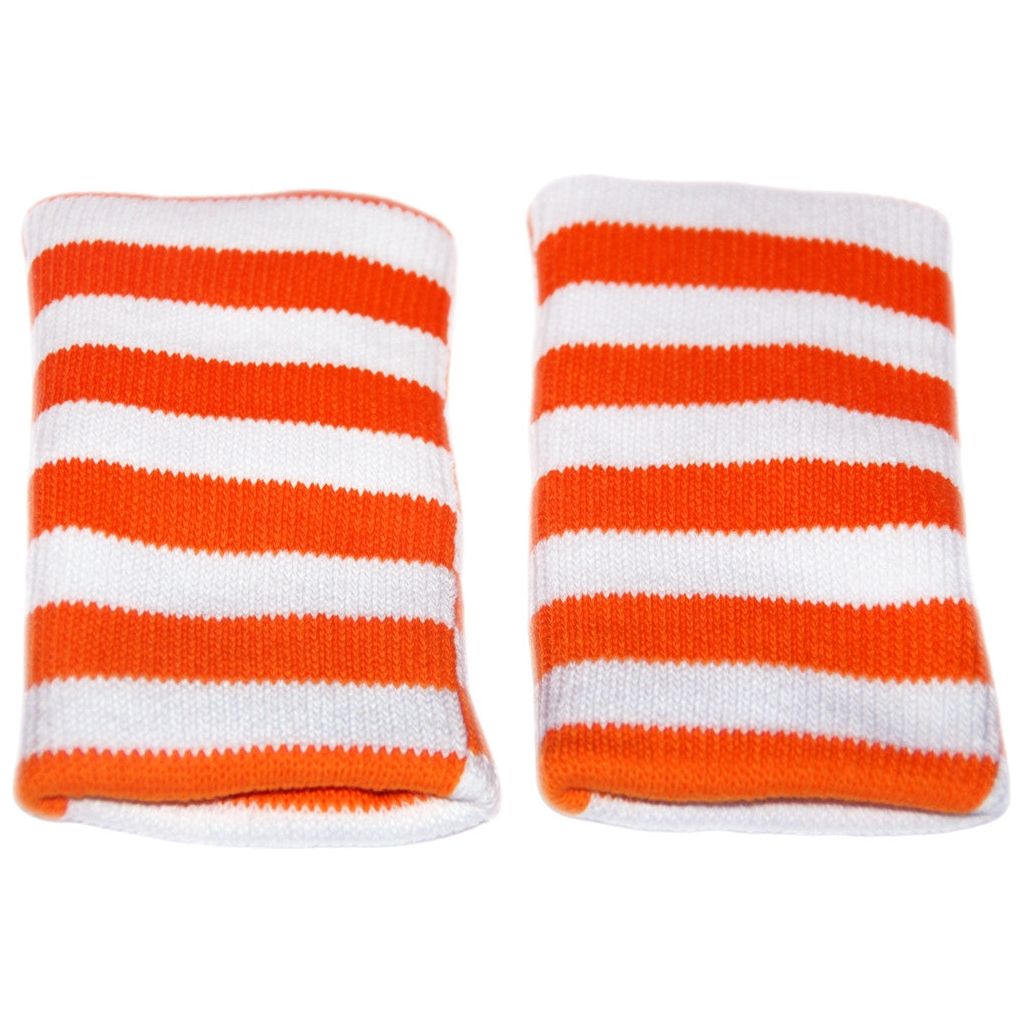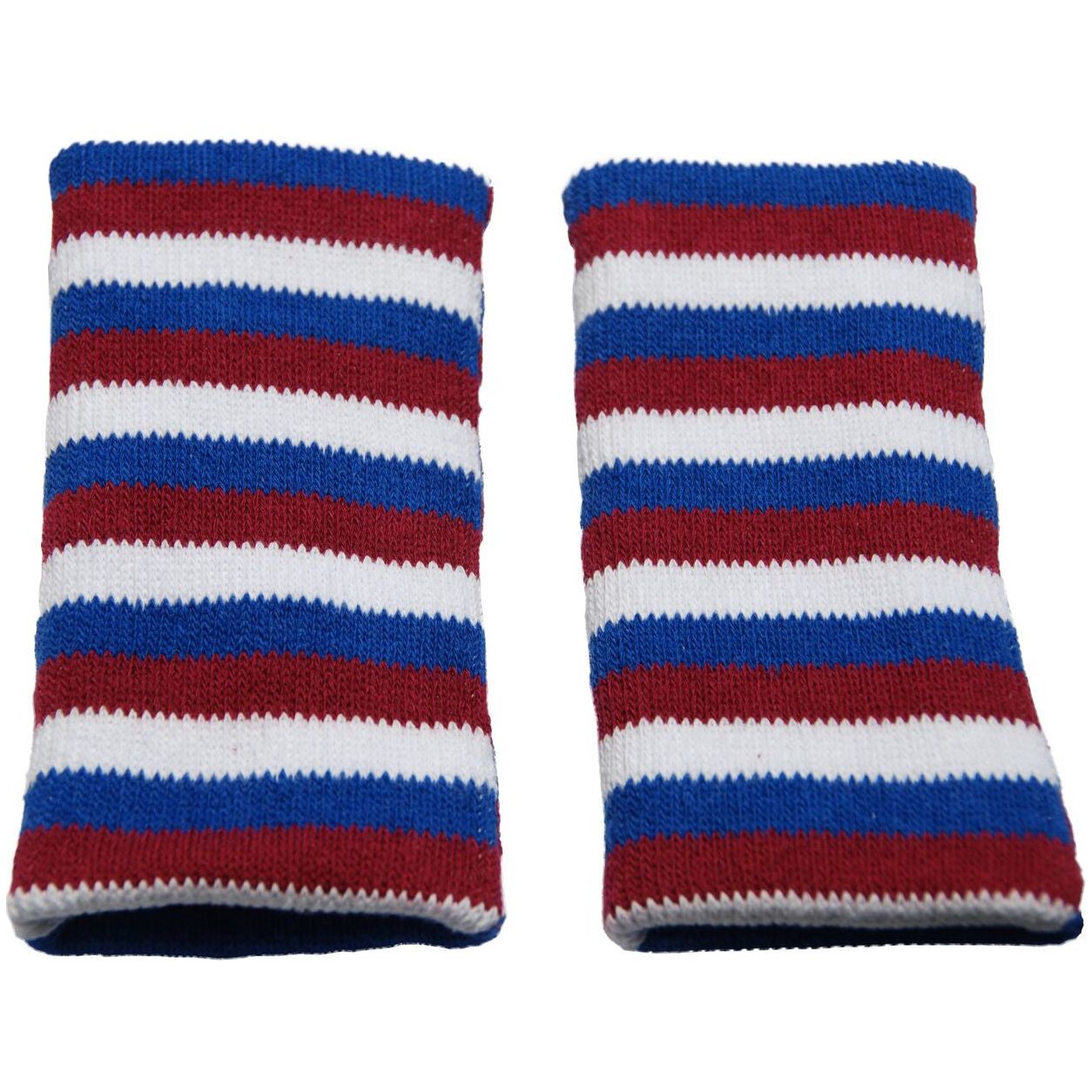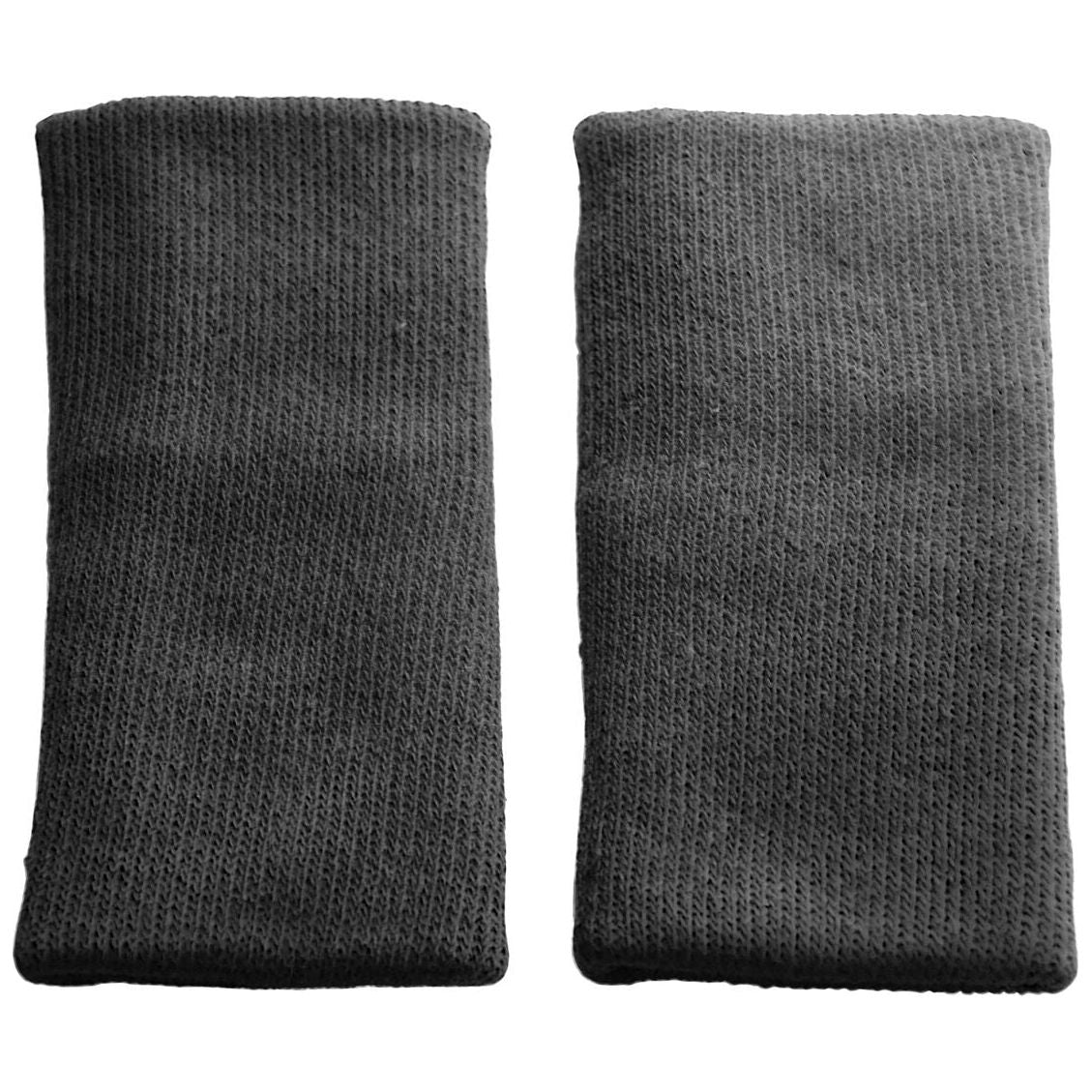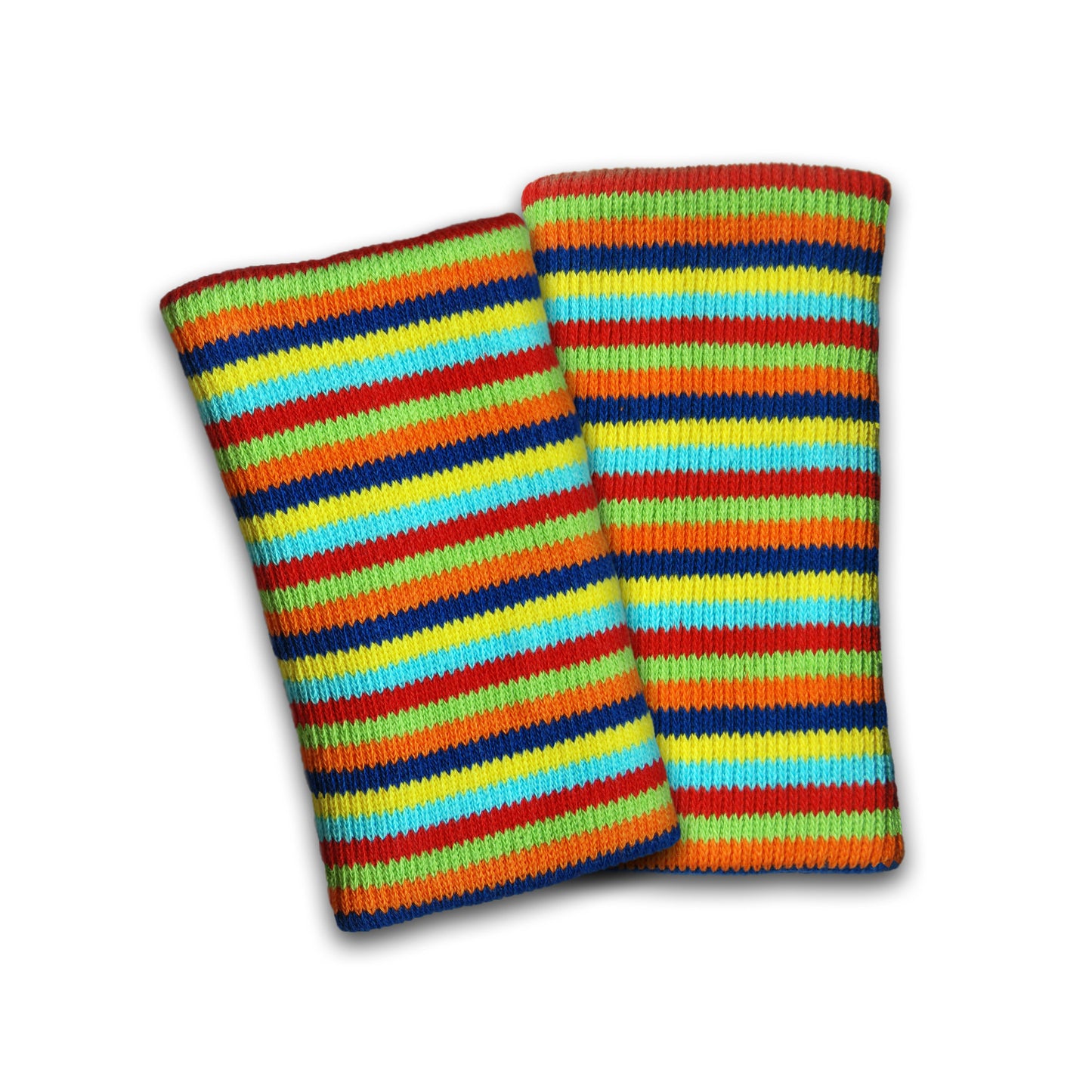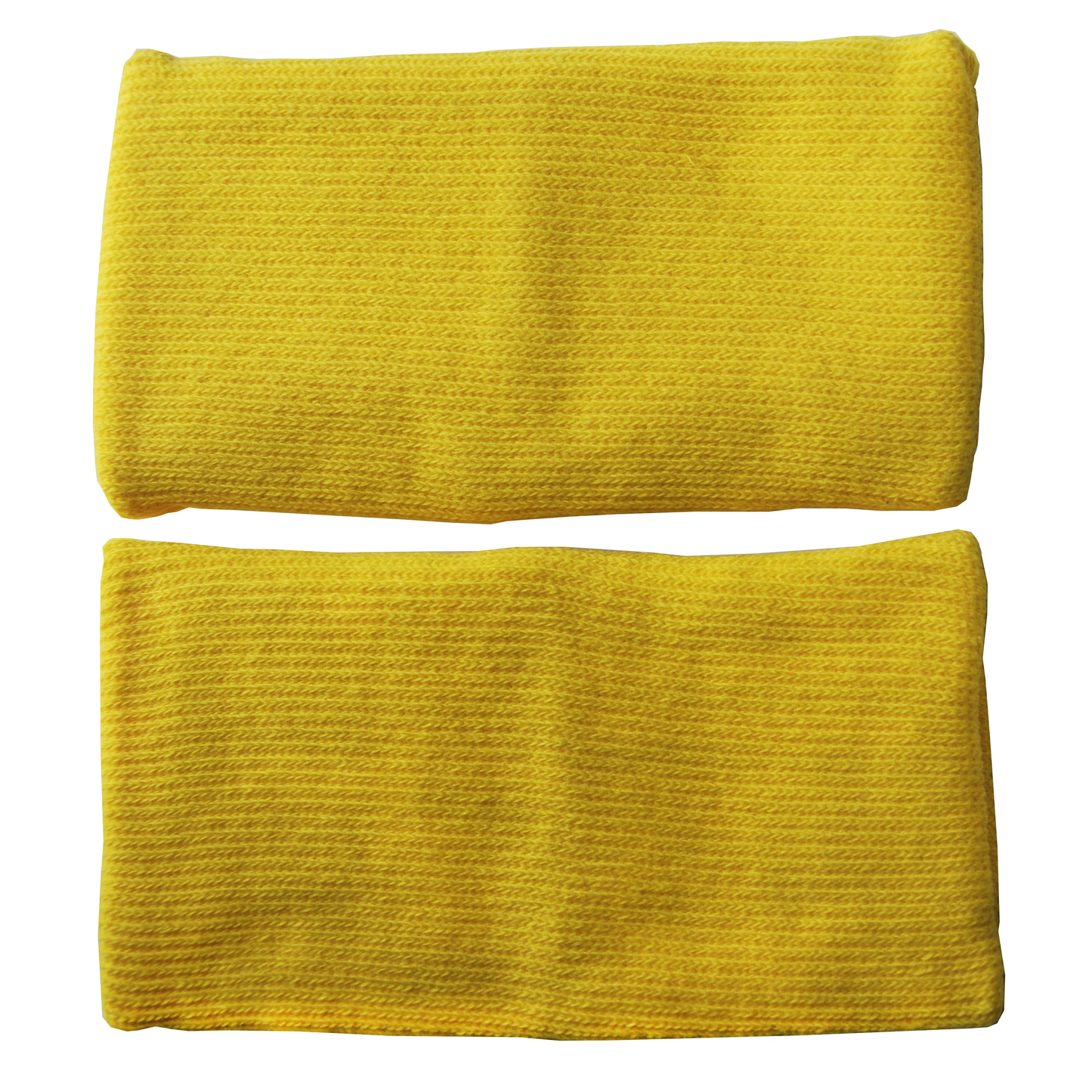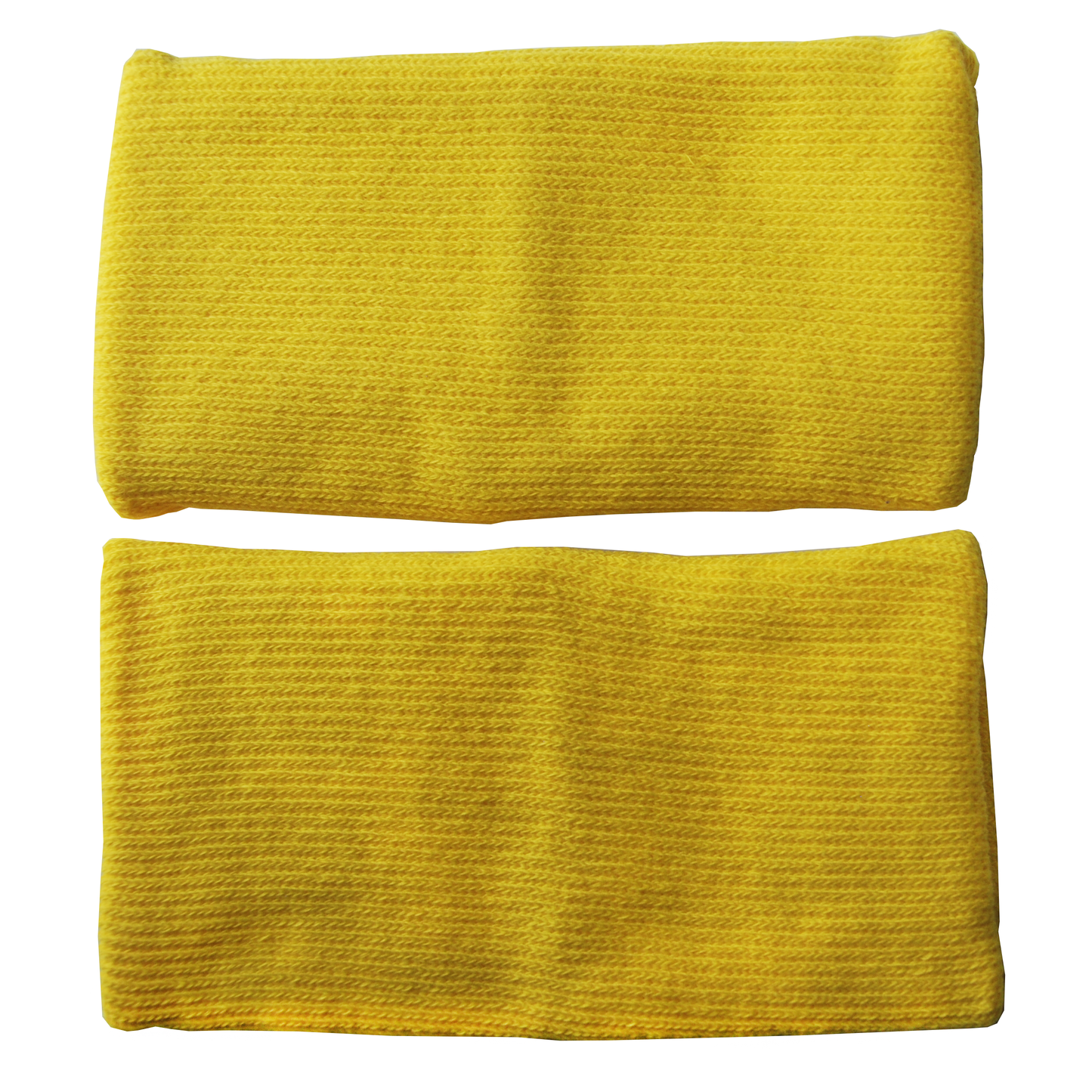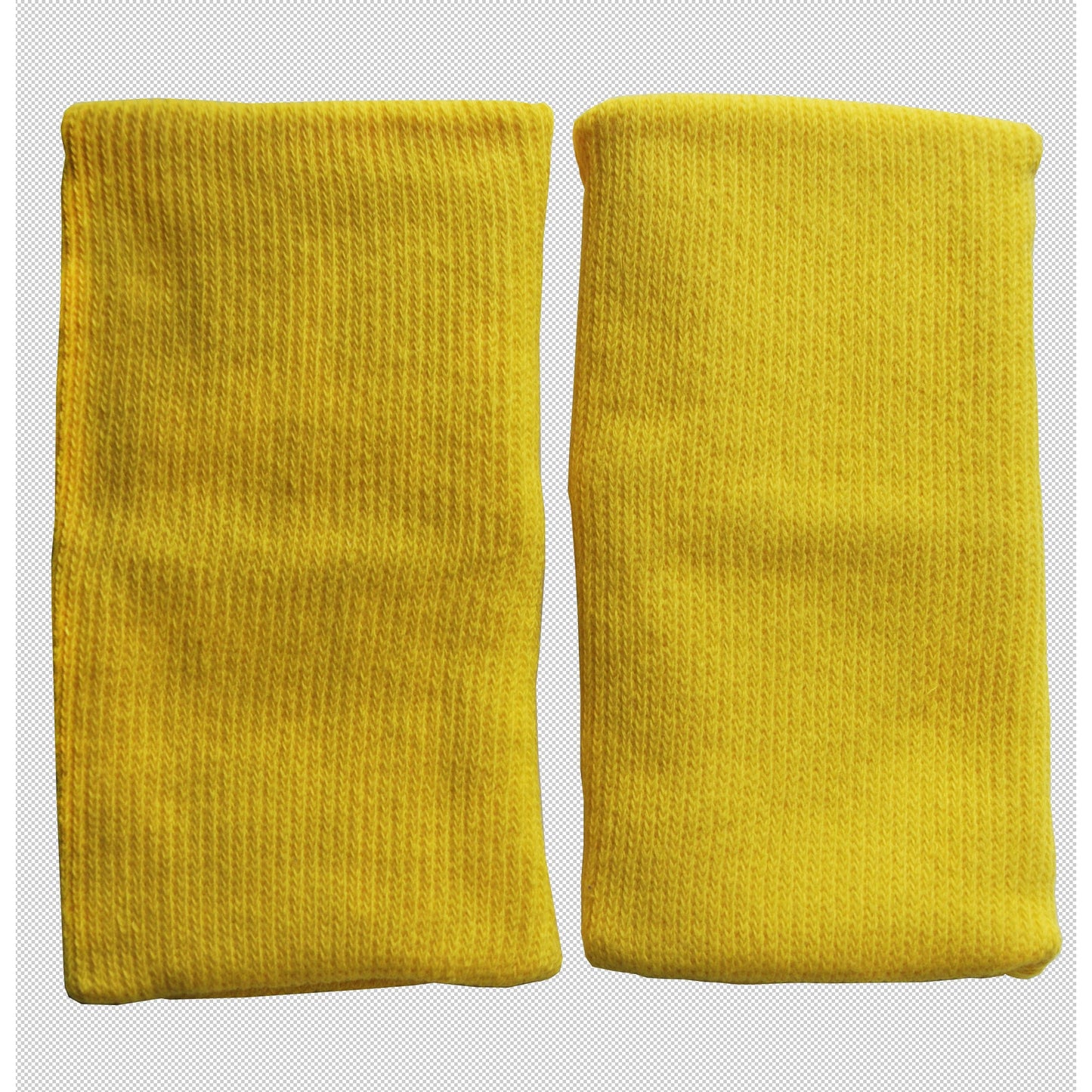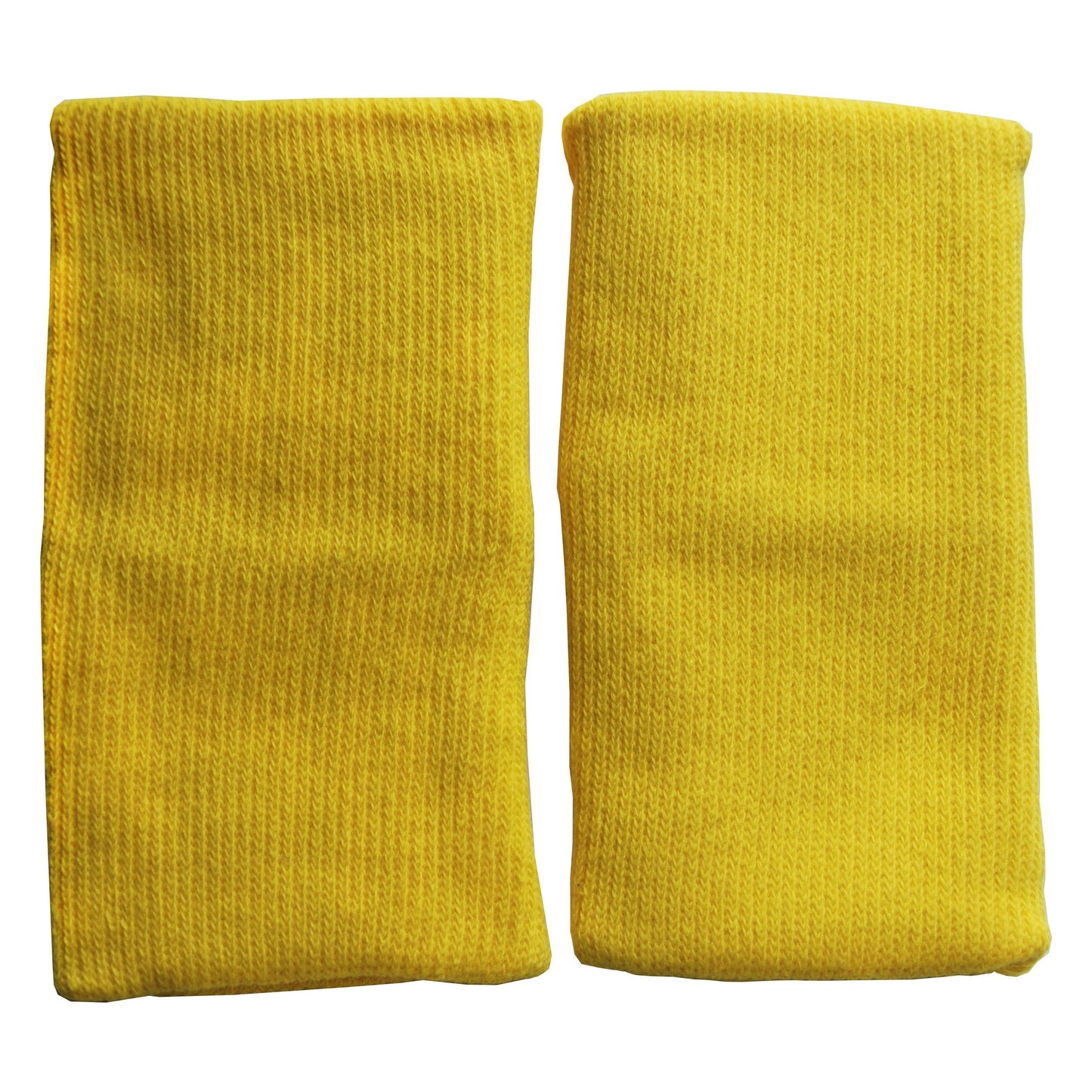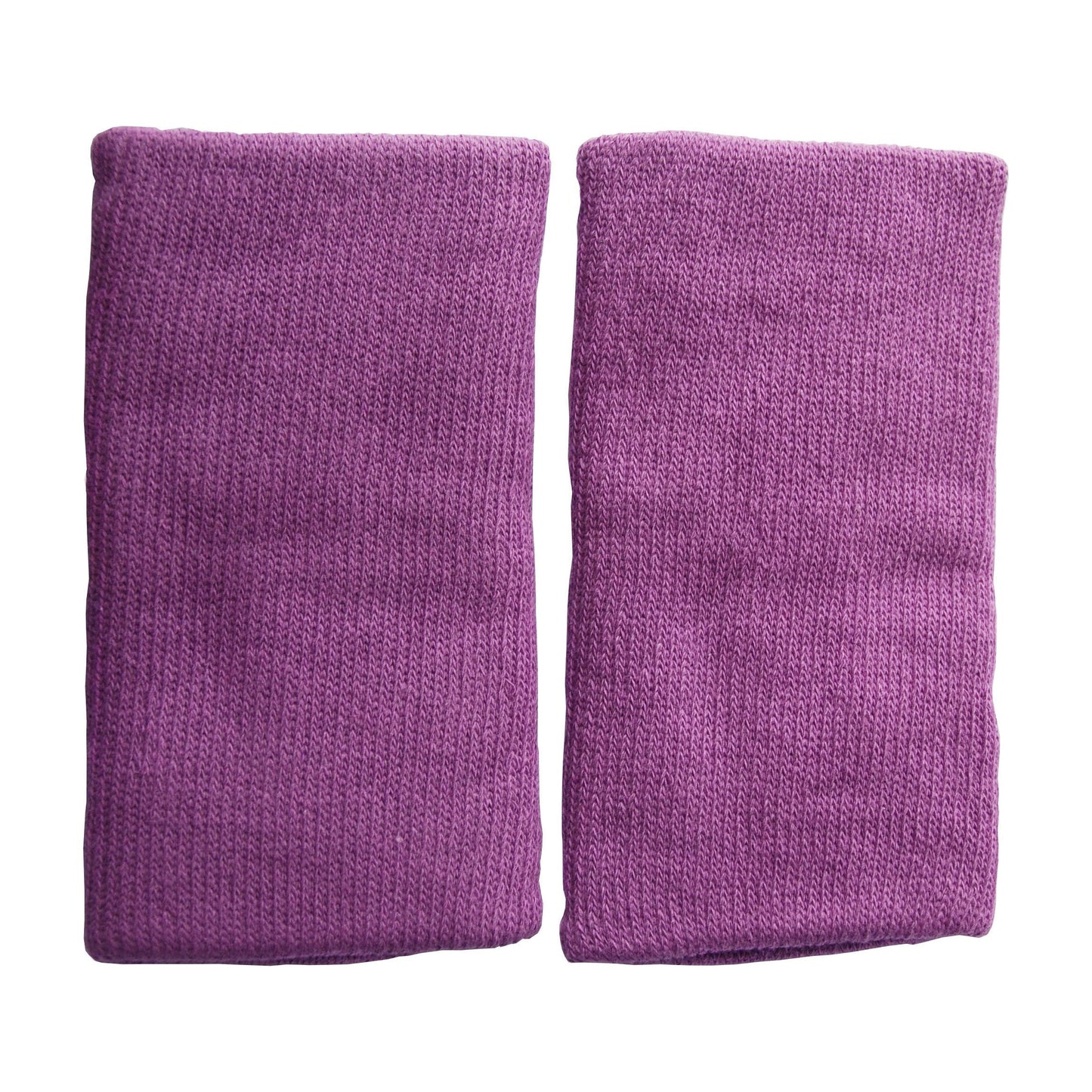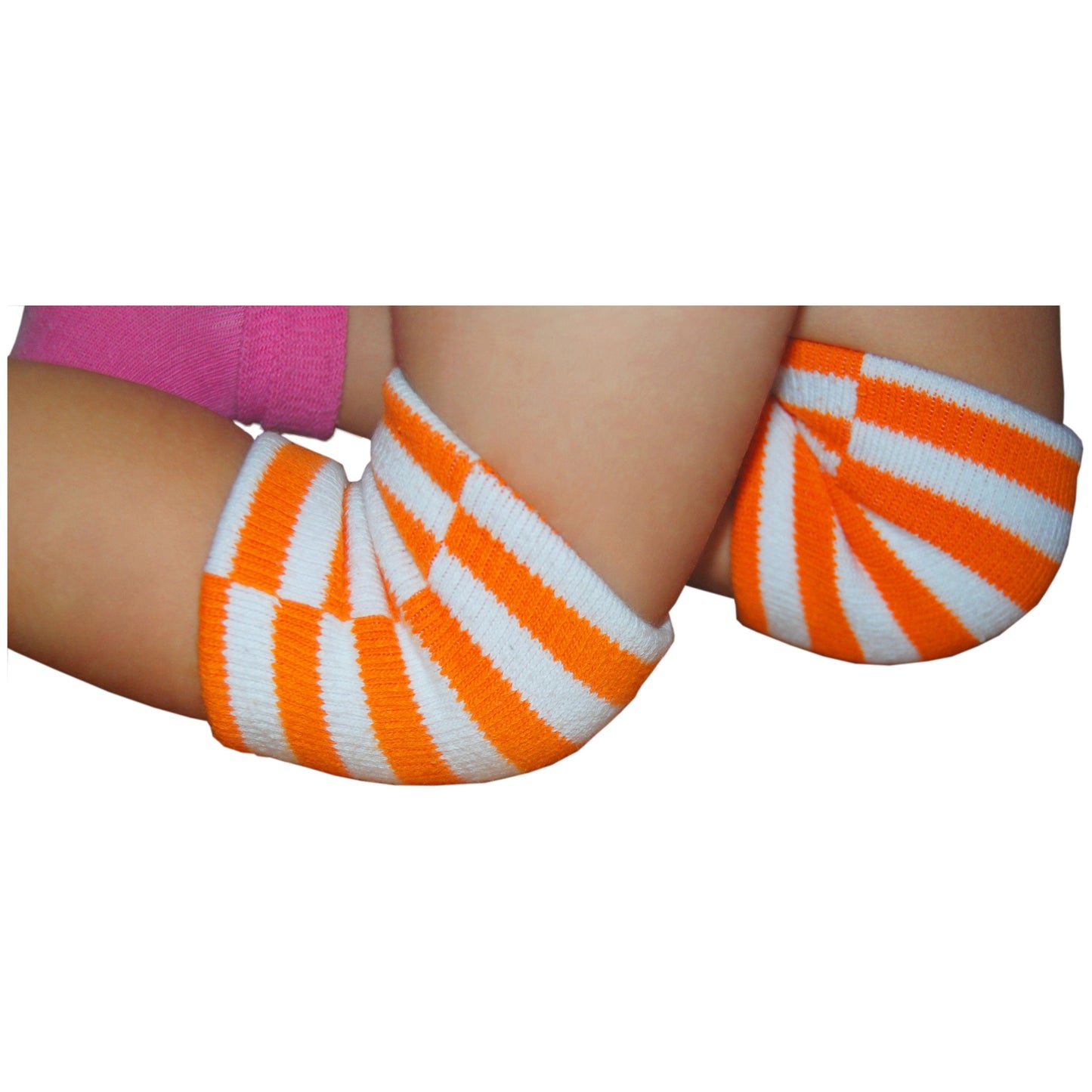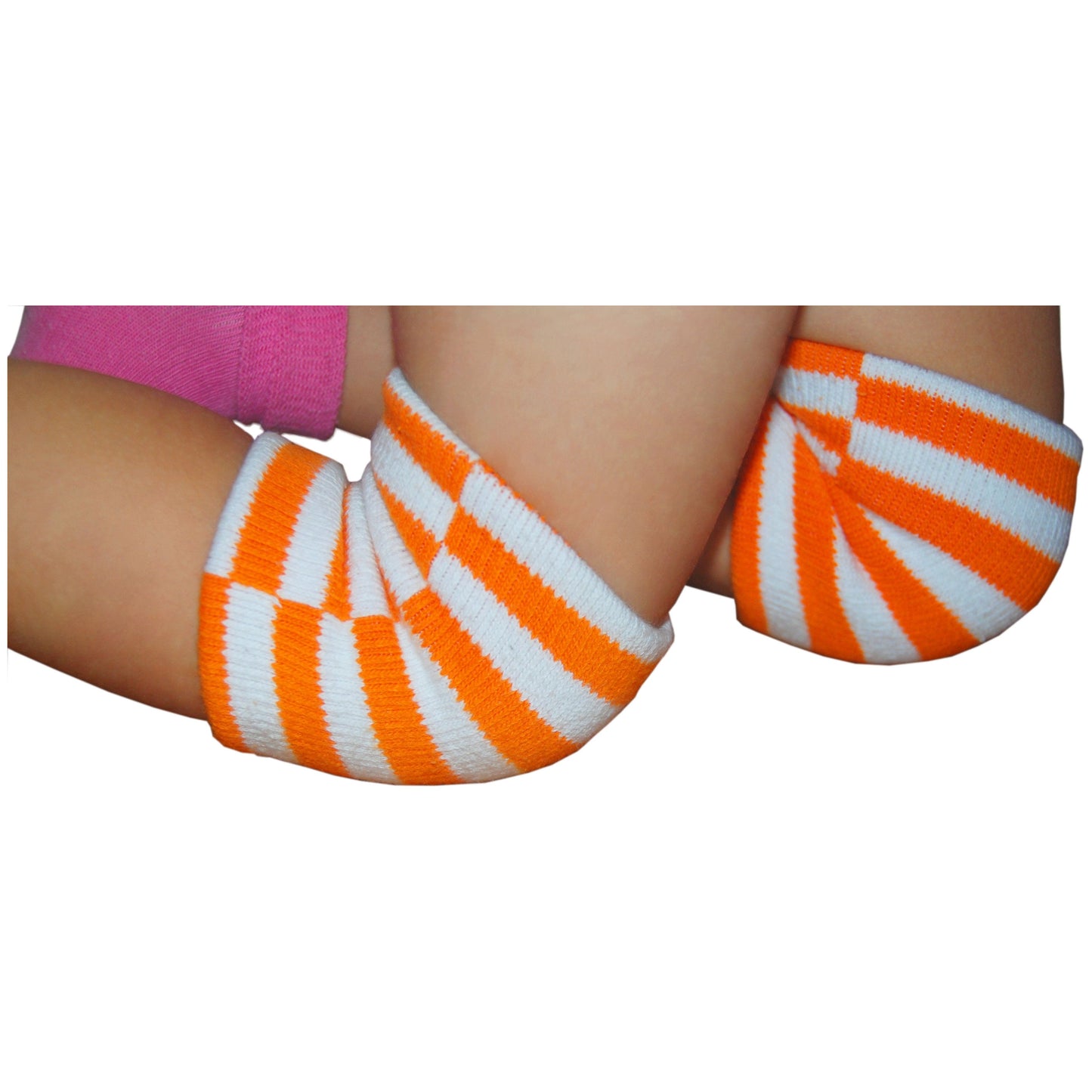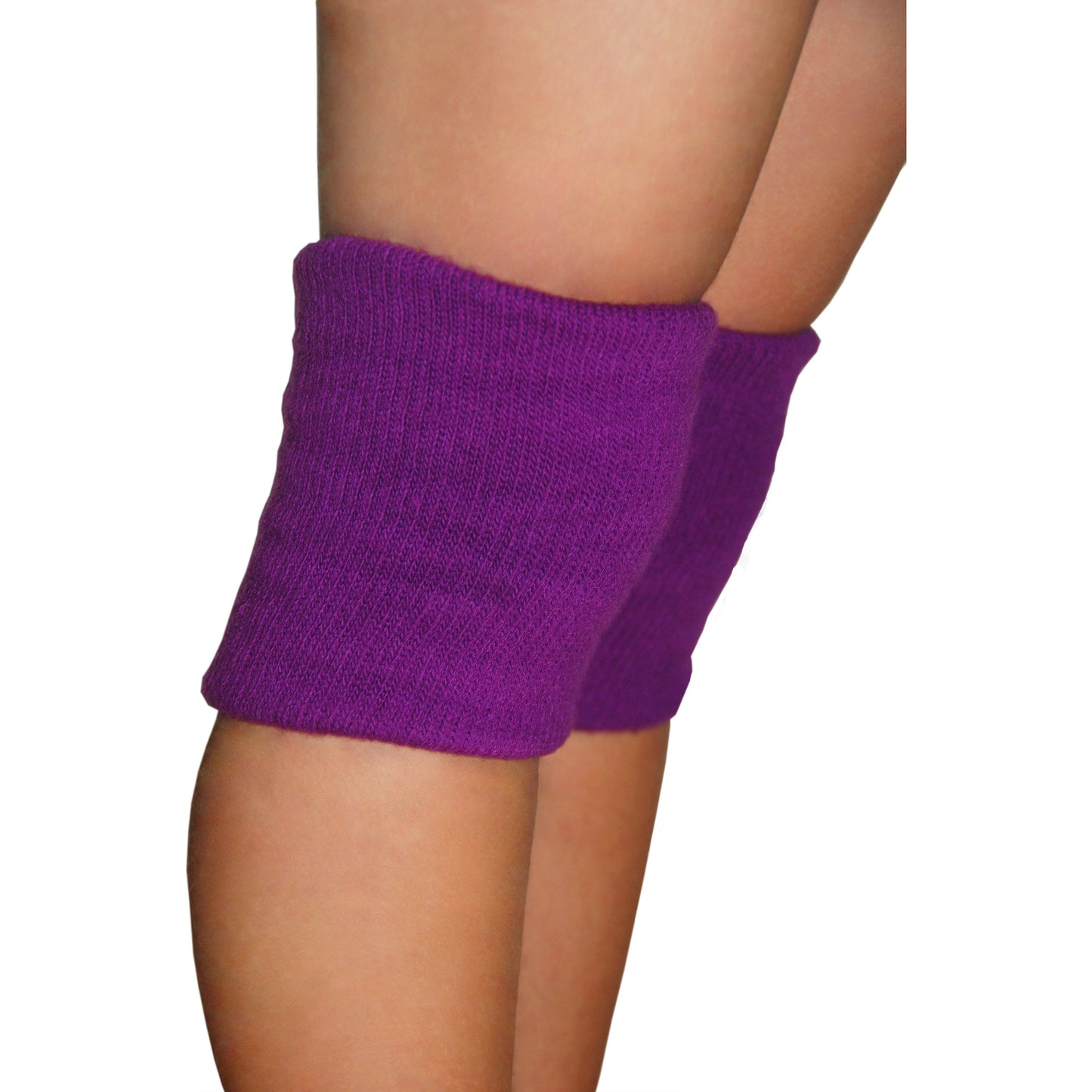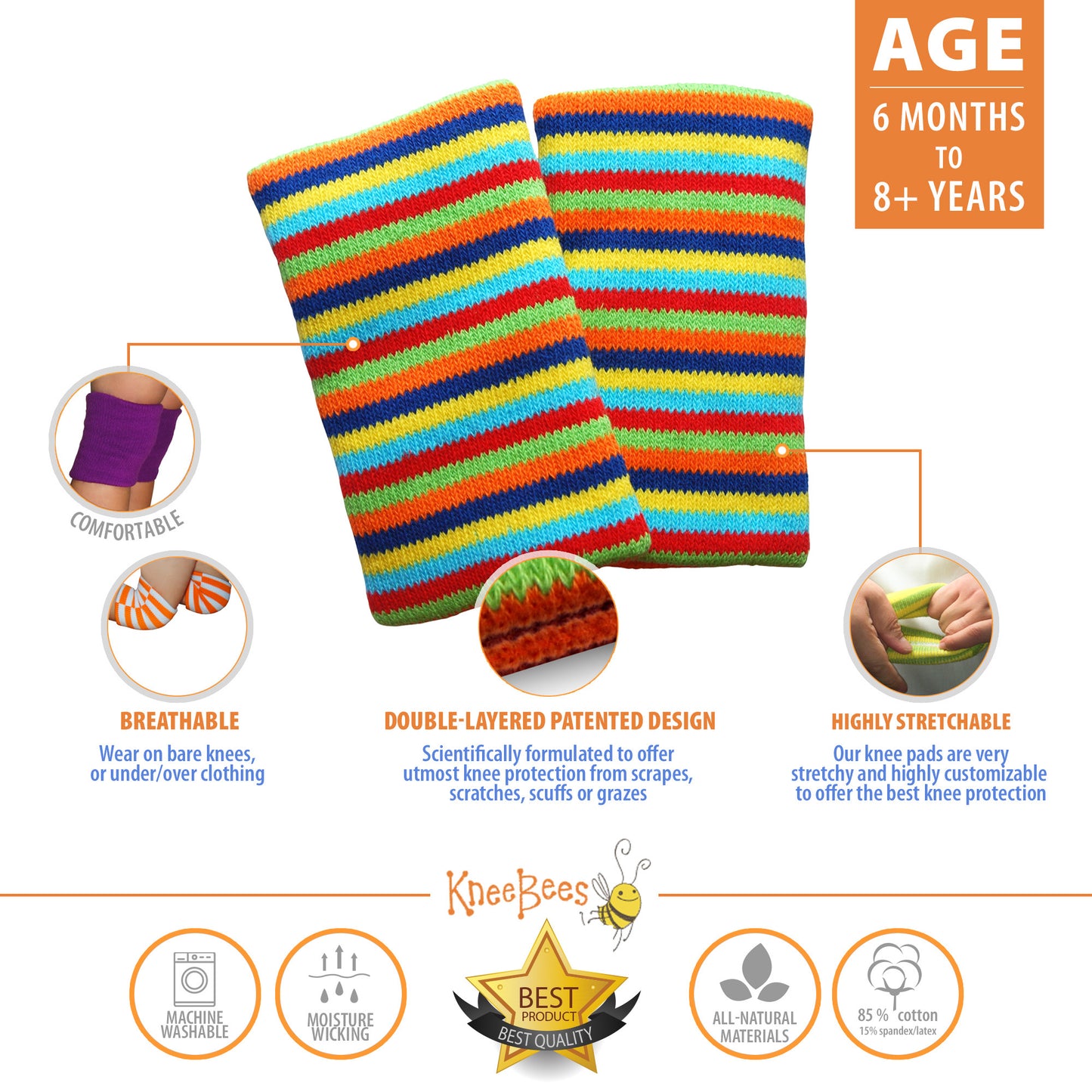BBQ season is a delicious way to enjoy food with friends and family. Here are some wonderful safety tips for barbecuing with kids we found on www.chla.org and wanted to share. Happy grilling :)!

By RN Remedies® blogger, Robert Giesler, BSN, RN, RNC-NIC, RRT, CPST
In our family, the Fall season means getting out of the house, enjoying the cooler weather and firing up the fire pit or barbecue for amazing family meals! We are big on barbecuing, and why not? It’s faster to cook, there are less dishes and it gets everyone outside. My boys enjoy helping me barbecue and I certainly like the father-son time too. But before you ask your child to be a barbecue assistant, it’s important that you know the correct safety tips. You will also need to take a few safety precautions yourself in order to keep your kids as safe as possible.
Create a barbecue-only zone
- Your child should not be close to the barbecue once it’s turned on. Have your child draw a border on the pavement with chalk around the barbecue area (3 feet on all sides)—a barbecue-only zone, which no one should enter while the adults are grilling. Remind your child that a barbecue is just like the stove because it gets very hot, and should not be touched. Since the grill creates an outdoor kitchen environment, this new kitchen should be a safe and kid-free zone too.Barbecuing with kids. Safety tips.
Barbecue cleanliness
- Don’t forget to clean the grill and turn it off when you are done. An unclean barbecue can also cause flare-ups, which can be lethal. Not only do the flammable materials you use to operate your barbecue cause flare-ups but so does the food you’re cooking. Grease that collects in your grill builds up over time, and it is easy to accumulate several pounds of grease in the bottom of your grill after only a few cookouts. Click here for steps to clean your charcoal or gas grill. Make sure you clean your grill with a non-wire brush. The Centers for Disease Control and Prevention (CDC) warn against wire brushes because the little wires can fall off during cleaning and increase the risk of little wires mixing with food on the grill.
Fire safety
- Before starting up your grill, make sure you are away from structures like the house or garage and low-hanging shrubbery or trees. Open flames close to any of these can easily cause a fire. Make sure that the fire is completely put out before going inside. Even a small flame can peak interest in children or pets and result in a fire. Let children know that they are not to go near the grill even when you are finished cooking because it can still be very hot.
Do you have a fire extinguisher? If not, purchase one before you barbecue!
- Every year grills and smokers cause thousands of fires, hundreds of injuries and deaths, and millions of dollars in damage. Here are fire safety tips from CHLA’s Injury Prevention Program. The U.S. Fire Administration offers fire safety and burn prevention tips. Especially important is knowing which type of fire extinguisher to use based on the kind of fire occurring.charcoal lighter
Charcoal grills
When I use a charcoal grill, to minimize fire risk, I use a charcoal lighter. It’s a round metal cylinder with a handle (see image at right). It’s a great way to effectively light your charcoal grill and minimize risk. Read the manufacturer’s instructions thoroughly before you use.
Gas grills
A major cause of gas grill fires is an obstruction in the path of the fuel. This largely takes place behind, underneath or inside your grill where you do not look. This means you need to regularly inspect your gas grill for problems. Bugs and other critters can climb into little places, causing gas to flow where it shouldn't. At the first sign of problems, turn off your control valves, turn off the fuel tank and disconnect everything.
Prevent food poisoning
- Getting sick from food poisoning is not fun, especially during a family barbecue. My fellow RN Remedies blogger talks about food poisoning and how you can prevent it from affecting your family.
“Baby-proof” your barbecue
- A large portion of barbecue-related injuries come from being cut or scratched by the barbecue itself. Be aware of jagged edges, pointy protrusions and anything that a child-sized person could bump their head on. It might even be worth it to "baby-proof" any part of the barbecue grill that seems particularly sharp with a piece of masking tape or furniture corner cushions. Place metal grilling tools out of reach, preferably on a solid surface. For safety and injury prevention supplies, visit CHLA’s Safety Corner in our Family Pantry, or one of our home safety vending machines.
Keep your pets safe
- When you barbecue protein such as steaks, ribs and other meats, there are bound to be plenty of bones left over. Resist the urge to give your dog or cat a bone as a treat. The Los Angeles County Department of Public Health counters the notion that your pets would eat bones in the wild with the fact that your pets are actually domesticated. As such, they are in danger of choking on bones or bone fragments. Another danger is the injury that a bone splinter could cause harm to the animal's digestive tract.
Empower your child
- I don’t know one person who doesn’t love to fire up the grill on a nice afternoon while watching the kids play in the yard. Embrace your child's natural curiosity about cooking! For example, while the barbecue is turned off, show and explain how it works. A short tutorial will go a long way toward curbing curiosity once the actual cooking has begun. Show children the standard procedure if their clothing was to catch on fire—stop, drop to the ground and roll is a technique that could save their life one day should a fire get out of control. Let them help arrange charcoal briquettes in a charcoal barbecue. Also, if they’re standing outside the “barbeque area” marked by a chalk line (mentioned above), demonstrate how to turn on a gas barbecue and how to adjust the flame. Food must undergo a fair amount of prep before it can be grilled on the barbecue. Show your child the steps of marinating meat, skewering kabobs and wrapping potatoes or corn in aluminum foil. Showing your children these steps involves them in barbequing and enhances their knowledge about cooking without giving them access to fire."
